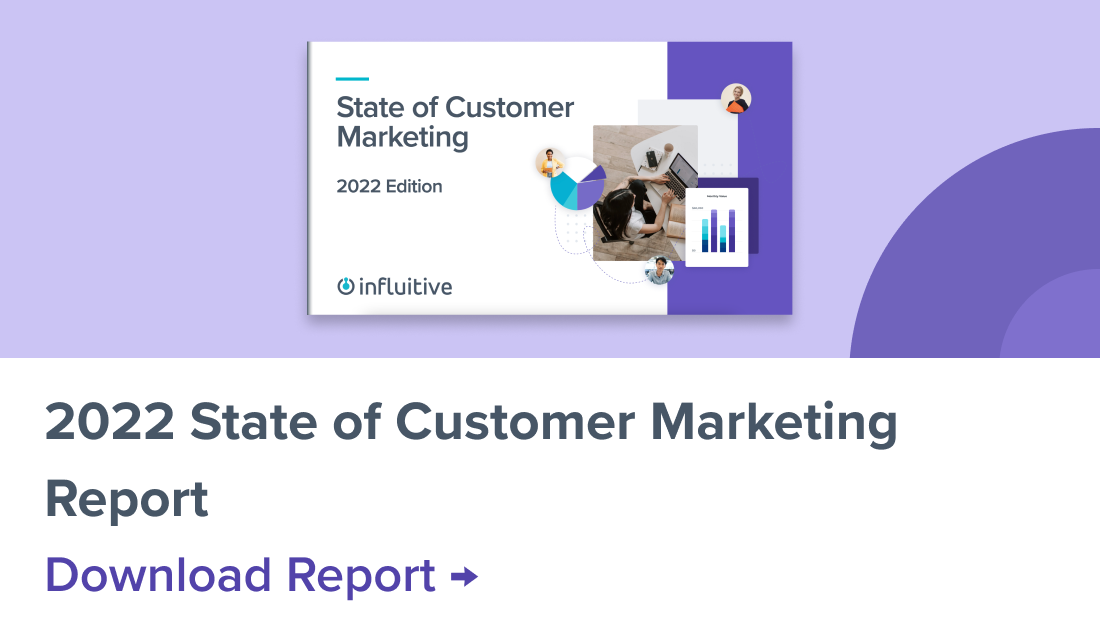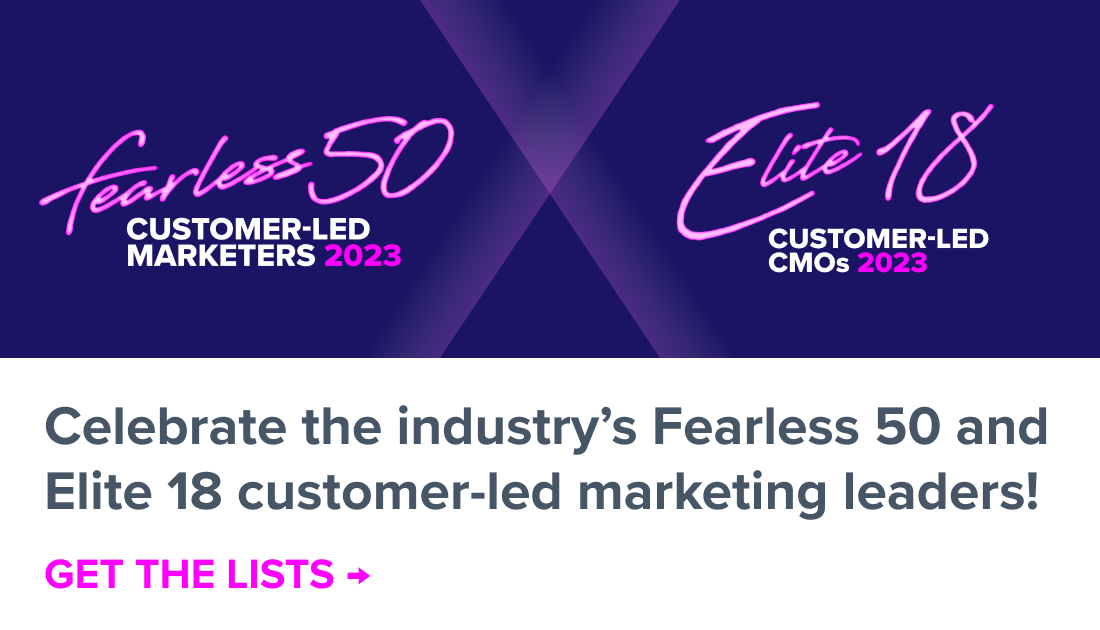Note: The following post comes courtesy of Russell Rothstein (@RussRothsteinIT), Founder and CEO of IT Central Station.
This is not your father’s enterprise tech market. Many people with roles in marketing and sales don’t see that the game is changing.
But it is changing fast – peer opinions are replacing vendor marketing, industry experts, and the other traditional sources of influence.
Buyers want to leverage crowdsourcing
 The number one factor of influence in the buying process today is recommendations from peers.
The number one factor of influence in the buying process today is recommendations from peers.
Buyers want to tap into real-life experiences from the crowd – a professional crowd of business peers.
When they need answers to questions, they consult crowdsourced knowledge sites such as StackOverflow or Quora, or check out what the co-worker crowd says on Yammer or Jive.
When they go home and plan the family vacation, they use crowdsourced reviews on TripAdvisor. When they make table reservations for an anniversary dinner, they use Yelp.
And now, even conservative, risk-averse enterprise buyers of technology are moving to the opinions of the crowd.
It’s no surprise that Gartner recently dubbed 2014 as “the year of advocacy marketing.”
Buyers have grown anesthetized to vendor-created content
They are doing everything they can to avoid unsolicited sales pitches, brochureware and marketing campaigns. Buyers avoid your salespeople like the plague until the last possible minute. Instead, they do research online to build a vendor short list. According to Forrester, the buyer’s journey may be up to 90% complete before a salesperson is contacted.
Buyers are often skeptical of the “experts”
When I did research to start my company, technology decision-makers consistently told me that while they check out Magic Quadrant and similar reports to see who’s listed, they take the vendor rankings with a grain of salt. They believe that analyst opinions can be influenced and, in any case, the collective opinions of real users are often identical to the opinions of experts.
Marketing and sales teams that don’t recognize the sweeping changes affecting the enterprise tech selling process are bound to be left behind.
Here are the top three things you can do today:
1. Turn at least 10% of your customer base into advocates
Enterprise customer “references” are too often kept under tight lock-and-key, appearing only in scripted videos and tightly-controlled environments. That’s not a scalable model to get customers to do your selling.
Using advocate marketing software like Influitive’s AdvocateHub, you can empower them to answer questions about your product in LinkedIn groups and on Twitter. Encourage them to write reviews of your products on review sites such as Spiceworks and my company, IT Central Station.
Only if you ease up on controlling your customers will you reap the benefits of a scalable customer advocacy program.
2. Put an end to marketing campaigns
The age of the set-it-and-forget-it marketing campaign is over. Are you still waiting for a hot prospect to download your whitepaper? Are you still blasting out an archived webinar in the hope that it will find someone interested? You need to be part of the live conversations already taking place and engage in real-time with buyers doing their research online.
Use tools like Hootsuite or Mention to monitor social media, discussion groups and community sites. Find out what people are talking about online and offer a solution when they need it most.
3. Stop wasting your marketing budget on ads
Buying Google AdWords or sponsored posts on Twitter, Facebook and LinkedIn is an easy way to spend money. And lots of it. But buyers are shunning marketing downloads from landing pages; they don’t want more vendor spin.
Shift your marketing budget towards educating and influencing leads in the social networks, product review sites and communities where genuinely interested prospects are visiting and don’t feel threatened by sales pitches. Watch the quality of your leads skyrocket.

Russell Rothstein has spent his 20+ year career in the enterprise technology industry at the crossroads between technology and business. He has spoken at industry events including Interop, CloudConnect, CMG, Red Herring, and TeleManagement World. Before founding IT Central Station, he began his career at Oracle, founded two technology companies, and worked in senior product marketing and product management roles at enterprise tech vendors.
Follow @RussRothsteinIT












































